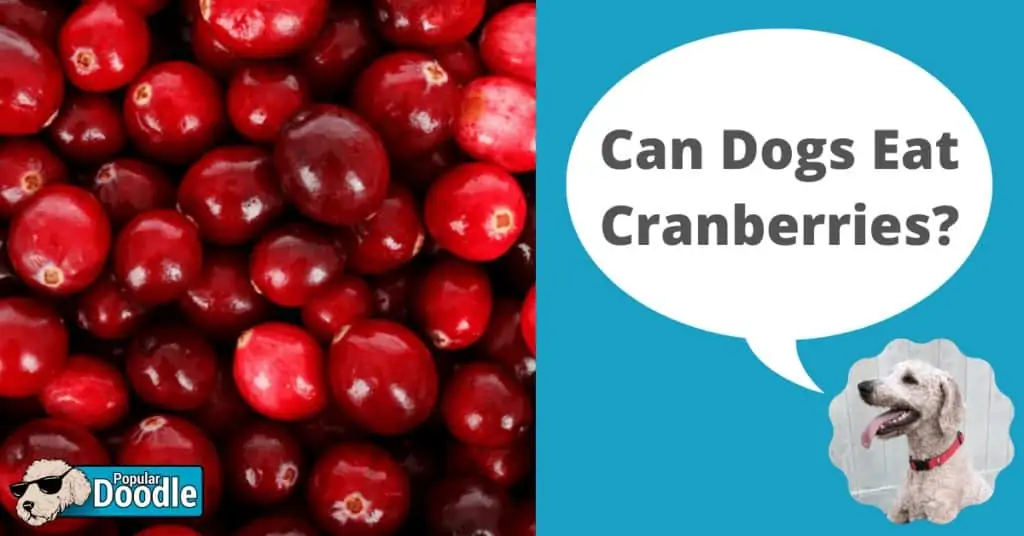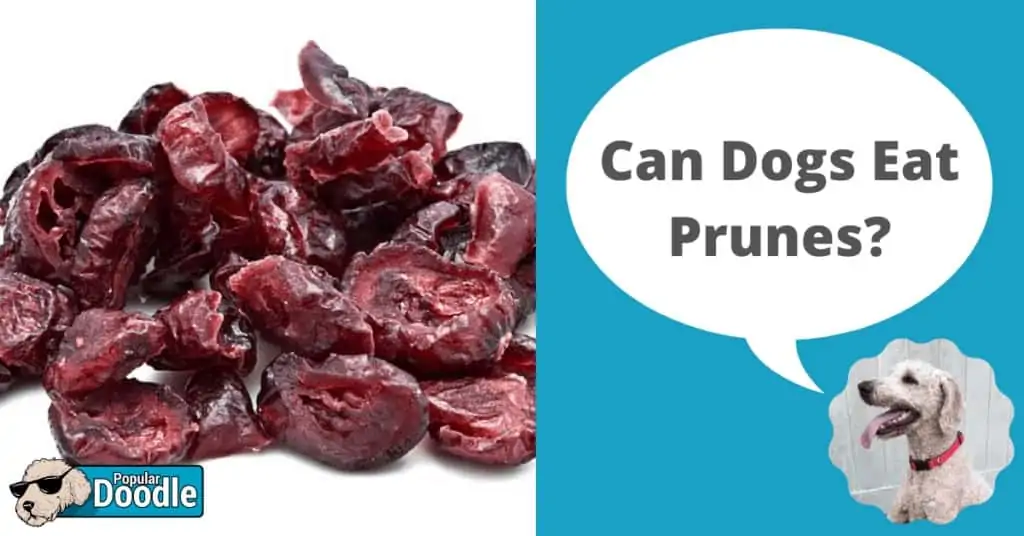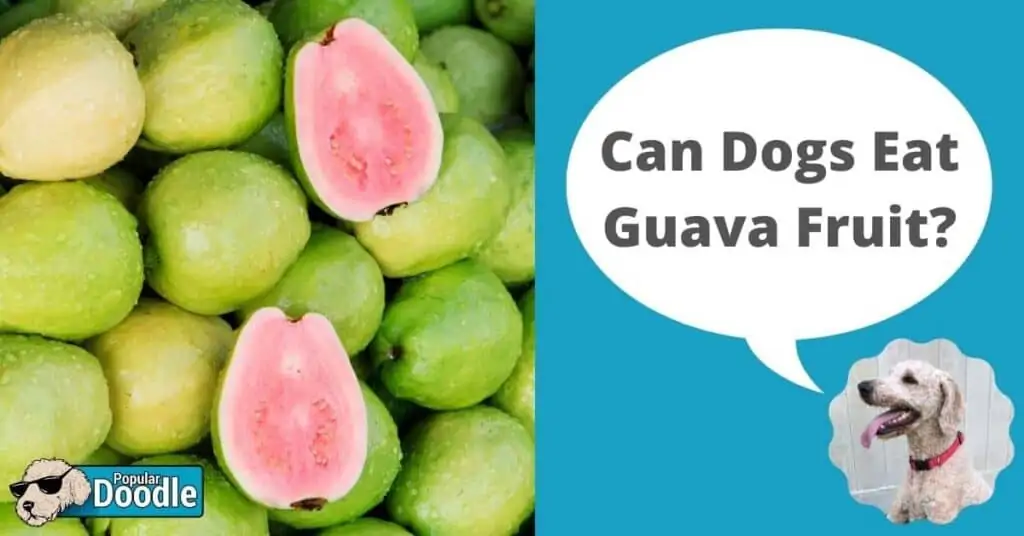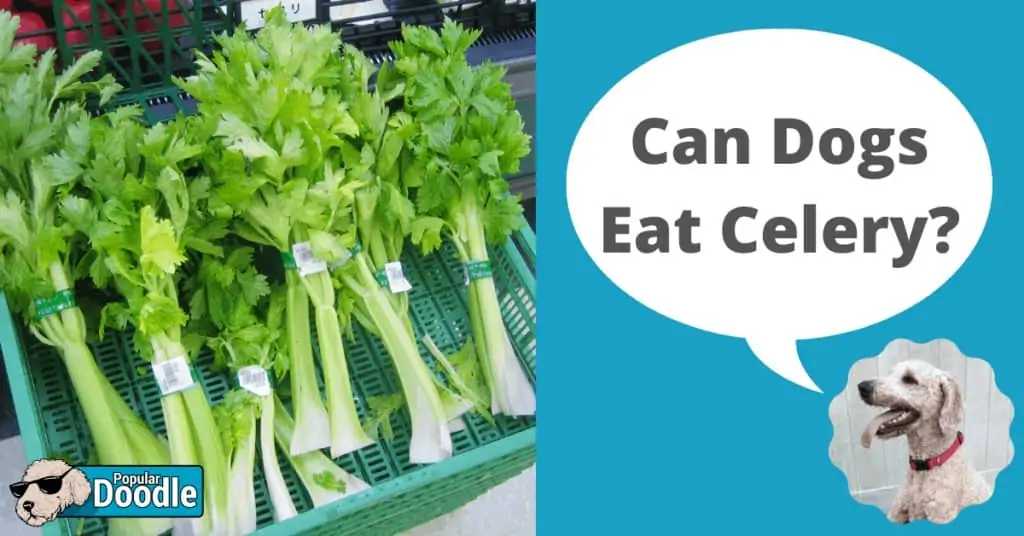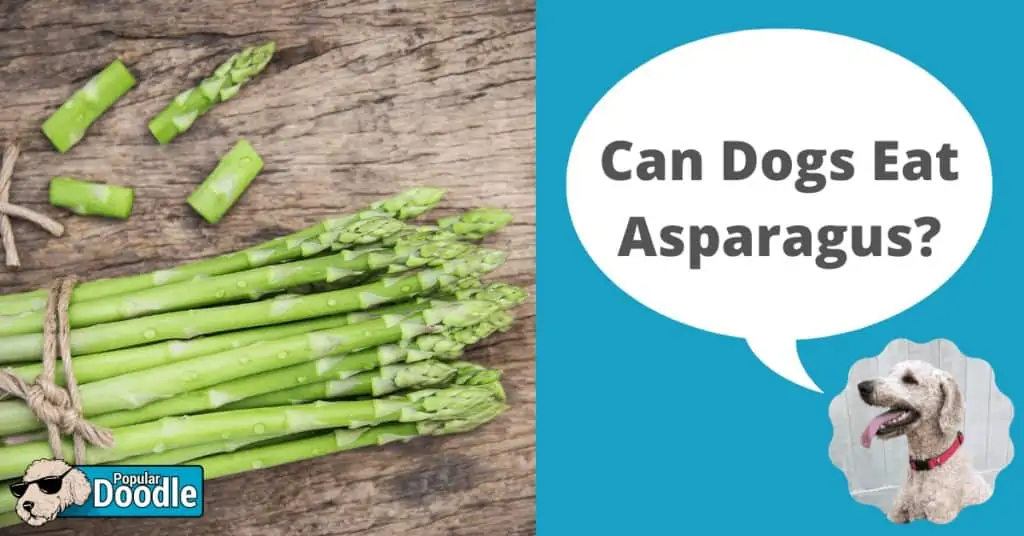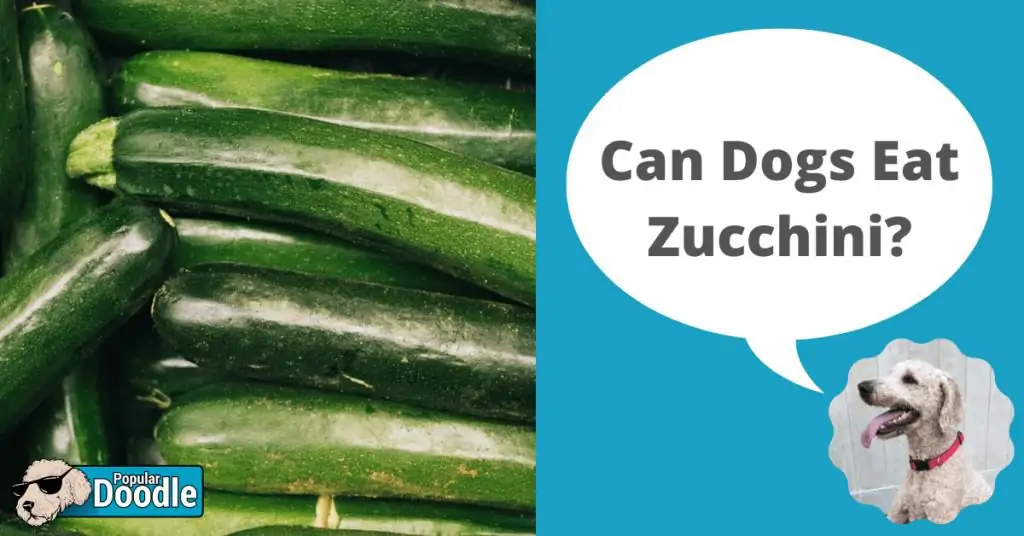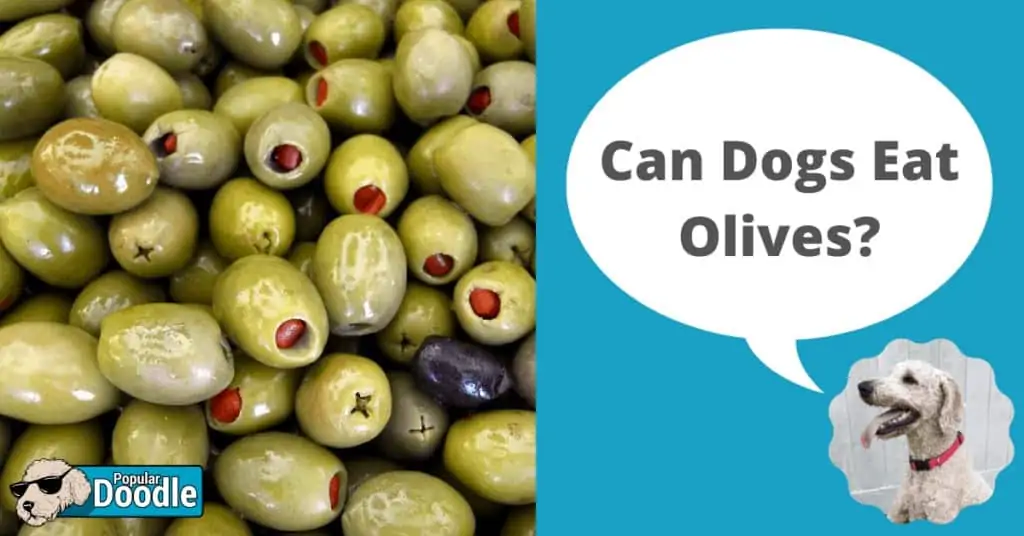
Usually people love or hate olives—there’s no in between. If you’re on “team olive” you’ve probably wondered: can dogs eat olives? Are olives good for dogs or are olives bad for dogs? Let’s find out if this polarizing, mediterranean fruit is safe for dogs!
Can Dogs Eat Olives? (The Short Answer)
Olives are not toxic to dogs and can be fed to them in moderation! The biggest thing to watch out for is to make sure they’re pitted so that they don’t pose a choking hazard to your pup. Other than that, as long as you’re careful about them being coated with other ingredients, you should be good to go. Keep reading to learn the ins and outs of feeding your dog olives.
It’s important to remember, that even with the best of intentions, accidents happen and dogs can easily eat things they shouldn’t. Unfortunately, even if those accidents aren’t fatal, they can result in huge, unexpected veterinary expenses. That’s why we recommend all responsible dog owners get a free, online pet insurance quote from Healthy Paws.
Are Olives Good For Dogs?
We’ve already answered the question, “can dogs eat olives?” Now, let’s learn about the benefits of feeding your dog this food! Are olives good for dogs?
Olives contain good fats and protein which make them healthy for our four-legged friends, just like they are for humans. They’re also full of vitamins A, E, and K as well as a host of antioxidants and other nutrients. Keep in mind though, your dog should already be getting all the nutrients they need from their daily dog food. That doesn’t mean that they don’t benefit from the healthiness of this food, as olives have been shown to help promote a healthy coat, skin, and brain in our pups.
Are Olives Bad for Dogs?
We’ve already answered the question, “can dogs eat olives?” Now, let’s learn about the dangers of feeding your dog this food! Are olives bad for dogs?
Olives are not toxic to our pups. The biggest danger they possess are the pits being a choking hazard. If you have pitted olives, most of the drawbacks to this food are already eliminated.
Make sure your olives aren’t coated in anything as garlic, seasonings, and oils can be toxic or unhealthy for your dog. Also be sure that you don’t feed your dog olives that came with alcoholic beverages as alcohol is very toxic to pups and some could’ve been absorbed by the olive.
Finally, canned and picked olives should be avoided as too much sodium is bad for our pups and lead to dehydration or, even worse, toxicity.
Other Varieties & Related Foods:
Can Dogs Eat Black Olives?
Yes, black olives and green olives have roughly the same nutritional content and are both safe for our four-legged friends to eat in moderation, assuming they are pitted.
Can Dogs Eat Olives Green?
Yes, green olives have about the same nutritional content as black olives, though they do have slightly higher sodium levels. Both are safe for our pups to consume in moderation, as long as they are pitted.
Can Dogs Have Olive Oil?
Yes, olive oil is safe for dogs in small quantities. Limit the serving size to a teaspoon or less.
Can Dogs Eat Canned Olives?
No, you should avoid giving your dog canned olives as there is usually excess sodium that can be harmful to pups. It can result in dehydration and end up leading to dangerous results like toxicity.
Can Dogs Eat Pickled Olives?
While not toxic, picked olives are not healthy for our furry friends so we recommend against feeding them. The picking process makes this originally-healthy treat much less so. Check out this article on pickles to learn why.
In Conclusion: Can Dogs Eat Olives?
Both green and black olives are safe for our pups to consume in moderation. The key is making sure they are pitted, not canned or pickled, and have no extra coatings or ingredients that could be harmful to our pups!
Want to Learn More?
Check out these related articles from our “Read Before You Feed” series for more advice on safe foods for dogs!
- Can Dogs Have Celery?
- Can Dogs Eat Kiwi Fruit?
- Can Dogs Eat Scallops?
- Can Dogs Eat Raspberries?
- Can Dogs Have Chickpeas?
Disclaimer: We are not veterinarians and this article should not be taken as medical or veterinary advice. If you have any questions about your pet’s health or dietary needs, please contact your local veterinarian.



